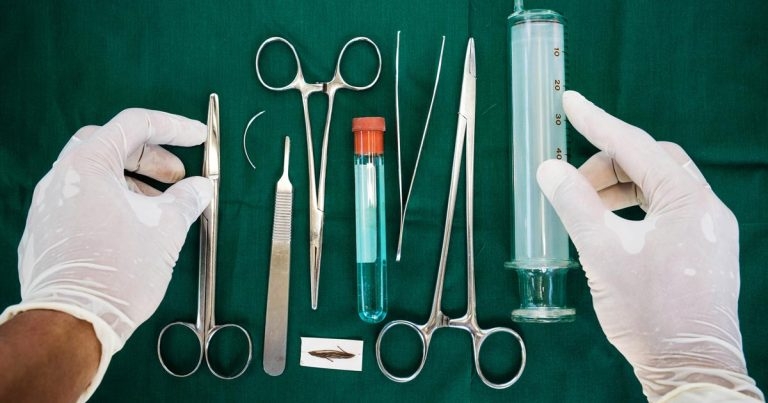21 Oct 2016
A call has been made for all UK veterinary practices to be subject to compulsory infection control inspections in a bid to combat antimicrobial resistance.

"Everyone in the human and animal medicine sectors needs to commit to changing the way they do things, including their attitude to cleanliness and infection control." Image: sasinparaksa / fotolia.
A call has been made for all UK veterinary practices to be subject to compulsory infection control inspections in a bid to combat antimicrobial resistance (AMR).

Speaking at BVNA Congress, Neil Forbes, a veterinary specialist in avian medicine, told delegates the post-antibiotic era could arrive within 10 years if preventive action was not taken.
Dr Forbes said mediated AMR, which was discovered in China and Europe earlier this year within the human and animal sectors, was spreading faster than originally anticipated.
Dr Forbes said: “This means the post-antibiotic era is coming much sooner, unless we change things dramatically and very quickly.”
As such, he added everyone in the human and animal medicine sectors needs to commit to changing the way they do things, including their attitude to cleanliness and infection control.

He said: “We have super-bug development and AMR happening at the same time, and those two things push the fact we have to improve our infection control and biosecurity in practices to prevent infection that way.
“We need to reach a point where all staff members in every veterinary facility have their eyes open to where the infection risk is coming from and how to control and neutralise it. We all need to live by those new standards.”
One way of achieving this, he said, was for all veterinary surgeries to be subject to compulsory and unannounced hygiene control inspections.
“Every GP practice, dental surgery and restaurant is subject to [such] inspections, but veterinary practice inspections are voluntary,” Dr Forbes said.
“Most practices are extremely good, but some really aren’t up to the standard they should be.
“The whole concept of infection control, proper stewardship, controlling practice-acquired infections and being careful when we use antibiotics is so important. We shouldn’t rely on people saying they do or don’t want to be inspected.”